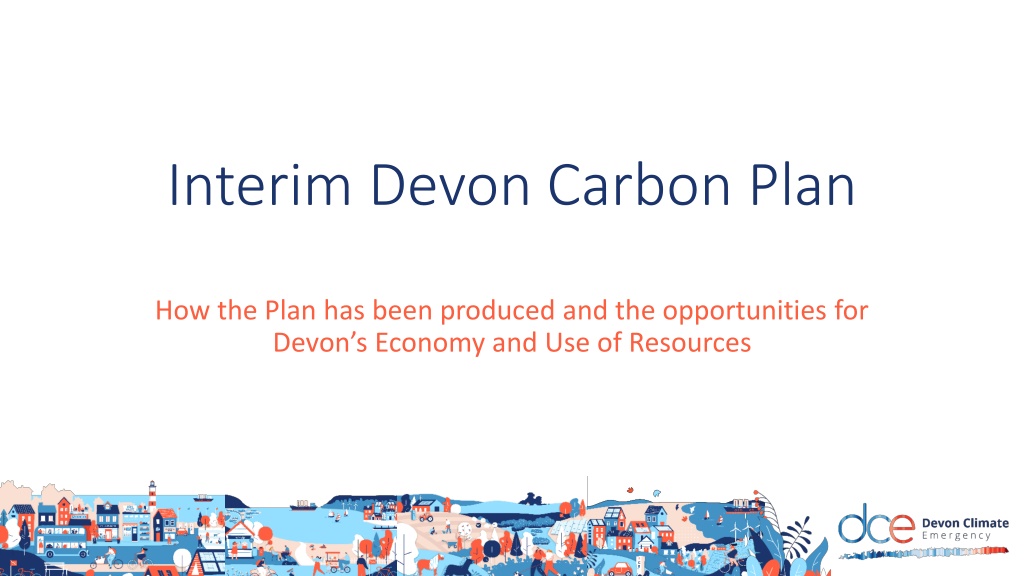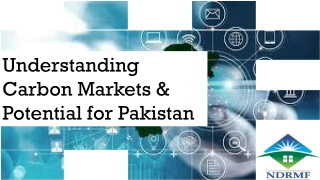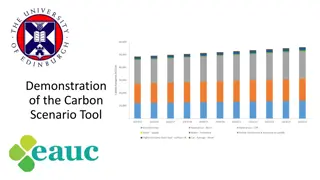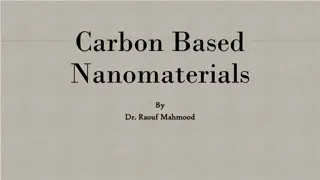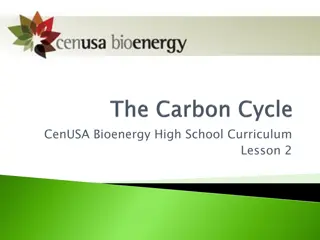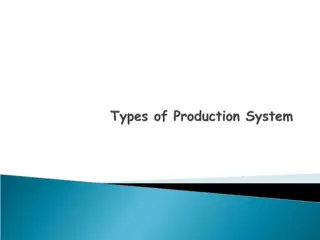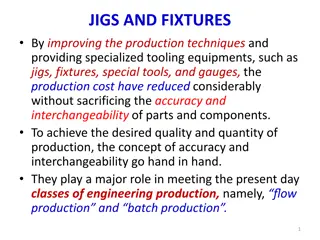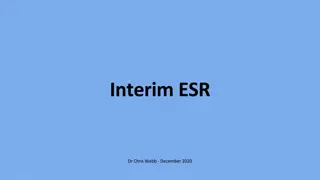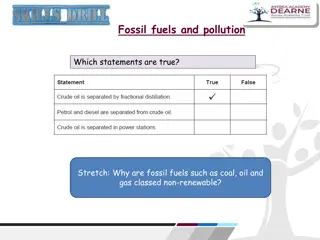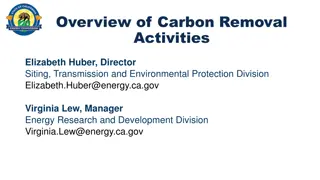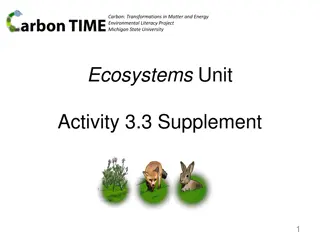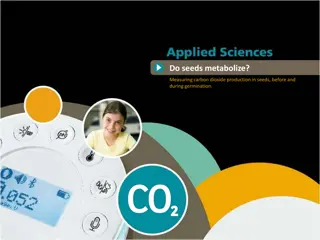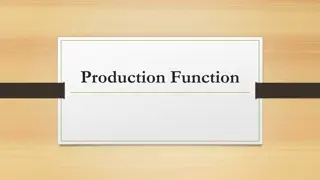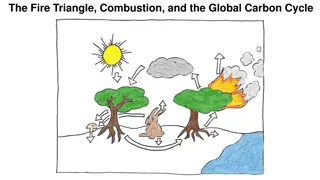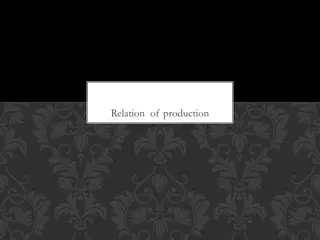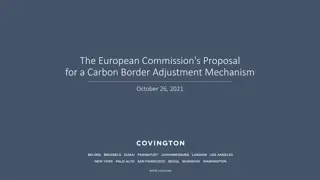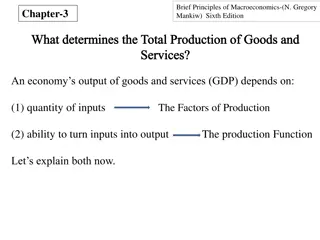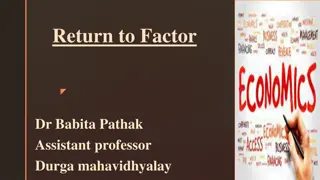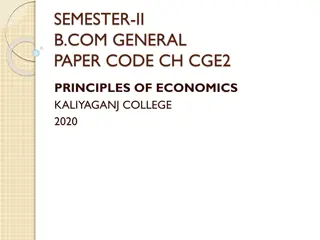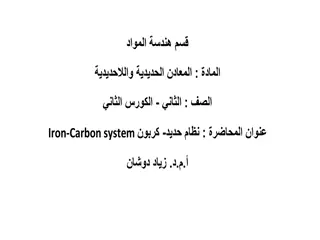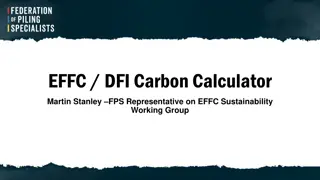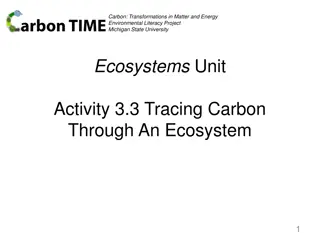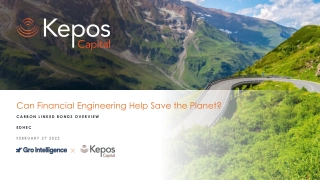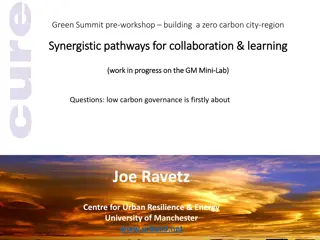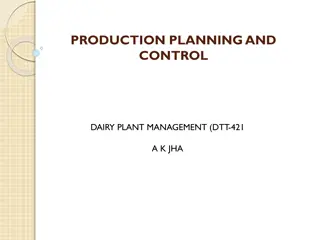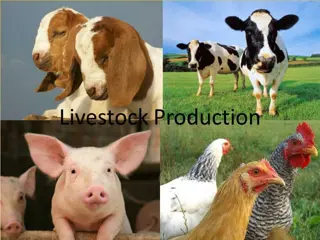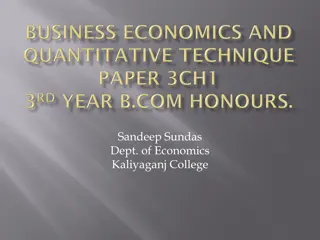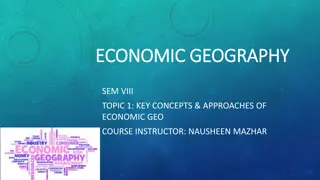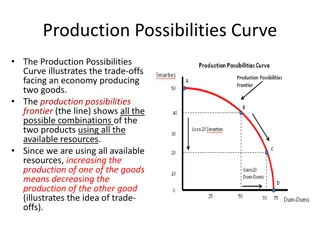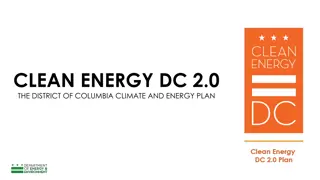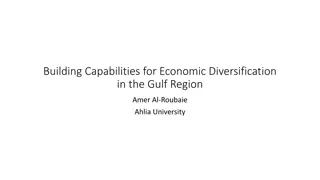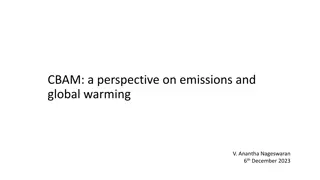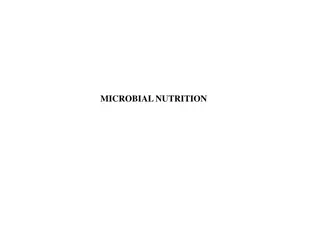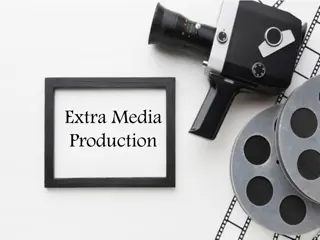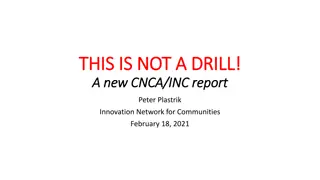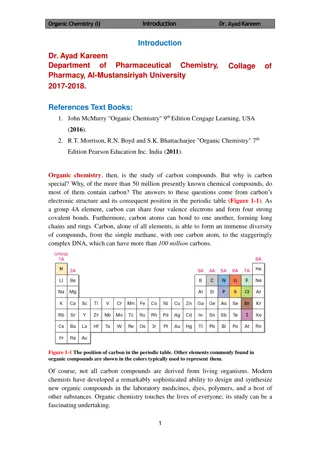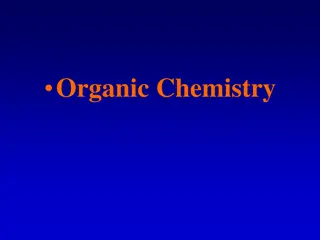Interim Devon Carbon Plan: Production Process and Economic Benefits
Discover how the Interim Devon Carbon Plan was developed and explore the economic opportunities it presents for Devon's economy and resource utilization. The plan aims to create a resilient, net-zero carbon Devon by 2050, emphasizing partnership, environmental resilience, and community preparedness. It outlines strategic engagement and action steps towards achieving net-zero emissions, discussing costs, opportunities, and challenges related to reaching this goal ahead of the national timetable.
Download Presentation

Please find below an Image/Link to download the presentation.
The content on the website is provided AS IS for your information and personal use only. It may not be sold, licensed, or shared on other websites without obtaining consent from the author. Download presentation by click this link. If you encounter any issues during the download, it is possible that the publisher has removed the file from their server.
E N D
Presentation Transcript
Interim Devon Carbon Plan How the Plan has been produced and the opportunities for Devon s Economy and Use of Resources
1. Welcome Your Host Hannah Lawrie Member of the Net-Zero Task Force, Head of Sustainability at Ricardo Energy & Environment; Chair of the Chartered Institute of Wastes Management, South West Tim Jones Chairman of the South West Business Council and Chair of the North Devon UNESCO Biosphere Foundation Emily Reed Speakers: Frances Northrop Associate Fellow, New Economics Foundation Mirella Ferraz Coordinator, Share Shed Project Manager, Devon Climate Emergency Hannah Oliver Communications Lead, Devon Climate Emergency
Agenda 1. Welcome 2. Background to the Devon Climate Emergency 3. Introduction to the Interim Devon Carbon Plan 4. What needs to happen? 5. Keynote discussion 6. Question and Answer Session 7. Next Steps
2. The Devon Climate Emergency Creating a resilient net-zero carbon Devon where people and nature thrive Objectives: Partnership: Reduce carbon emissions to net-zero by 2050 at the latest Improve the resilience of Devon s environment Prepare communities for a warmer world
2. Devon Climate Emergency Project Structure: Devon Climate Declaration
3. The Interim Devon Carbon Plan Engagement A plan for everyone one in Devon Focuses on the strategic issues and it nests with plans at other levels
3. The Interim Devon Carbon Plan Date for Net-Zero Your Opinion The Plan describes what needs to be done to reach net-zero Provides a trajectory to meet net-zero by 2050 Indicates the costs, opportunities and co-benefits of 2050 Discusses the practical challenges of achieving net-zero ahead of the national timetable e.g. 2030 and 2040 The date to achieve net-zero by is a specific consultation question
3. The Interim Devon Carbon Plan Funding: Geography: The Plan makes clear that net-zero cannot be achieved within existing resources and policy. The current funding status of each action is described. Most need new resources. Significant opportunities to redirect purchasing power e.g. public procurement. Devon s rural nature is a challenge and an opportunity. Some net-zero actions and behaviours will be easier in town and cities. Where actions apply to a specific type of area, this is described.
3. The Interim Devon Carbon Plan Co-Benefits of Net-Zero: Create a fairer, healthier, more resilient and more prosperous society Health and Wellbeing Prosperity Improve energy security Environment Reverse the decline of biodiversity Reduce flood risk Improve water and air quality Provide more accessible greenspace Reduce fuel poverty Increase local economic productivity More active lifestyles Make diets healthier Create new jobs and skills Improve public health and reduce pressures on the NHS Enhance opportunities for work and study
4. What needs to happen? ECONOMY AND RESOURCES Relationship With Net-Zero The economy influences greenhouse gas (GHG) emissions associated with every section of this Plan Material goods have associated GHG emissions throughout their life cycle: manufacture, transport to the consumer, use and from disposal itself Our consumption habits also contribute to emissions overseas due to our purchasing of goods produced abroad
4. What needs to happen? ECONOMY AND RESOURCES Relationship With Net-Zero 9% of the GHG emissions produced in Devon are emitted by waste disposal activity The Devon Climate Emergency partners have currently agreed to reduce Devon s consumption and production emissions to net-zero by 2050 at the latest In 2017 4.7Mt CO2 e of emissions arising overseas were attributable to our consumption habits in Devon, 36% of Devon s total GHG emissions
4. What needs to happen? Devon s economy: just, smart, circular, regenerative and rich in natural capital We need to: 1. Enable the economy to meet everyone s needs more equally without exceeding planetary boundaries 2. Avoid creating waste, by buying less, buying second hand, repairing the things we have and sharing rather than each individually owning items
4. What needs to happen? We need to: 3. Transition to a circular economy, by designing products for disassembly so we can recover materials for reuse and recycling 4.Reduce emissions from biodegradable waste and wastewater treatment
4. What needs to happen? We need to: 5. Accelerate the transition to net-zero carbon by targeting the purchasing and commissioning power of Devon s organisations to get best value locally 6. Support communities and businesses to make the transition to net-zero livelihoods using innovative finance, fostering innovation and ensuring we have the skills we need for the emerging economy
4. What needs to happen? Key outcomes: Resources A better understanding and reduction of household and commercial waste flows Circular economy reuse and recycle more, creating business efficiencies Anchor institution procurement Retain more added-value locally (Cleveland model) Net-zero and social value outcomes accelerated
4. What needs to happen? Key outcomes: Finance Skills A reskilled workforce redeployed into low- carbon sectors e.g. Renewable energy Low-carbon aviation Electricians Energy assessors Agroeconomic advisors Carbon sequestration accreditors Circular equipment engineers Bicycle technicians Electric vehicle maintenance Robotics and artificial intelligence The creation and use of green finance and investment products, that reward low-carbon practices
4. What needs to happen? Key co-benefits of achieving net-zero : Research, development and innovation in the zero-carbon economy creates opportunities for job creation and green growth Regional ambition for the Great South West: being the UK s first net-zero carbon region could deliver a 45 billion boost and create 190,000 new jobs by 2035
4. What needs to happen? Key co-benefits of achieving net-zero : Savings through resource efficiency allow businesses to grow and increase productivity by investing in staff or technology Socially and ecologically responsible companies experience reduced employee turnover
Your Opinion Poll
7. Next Steps View the plan: devonclimateemergency.org.uk/interimcarbonplan Complete the consultation online Share the consultation - tell a friend, family or colleague Watch some of the other webinars recordings on You Tube
